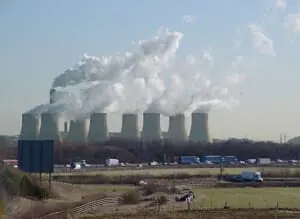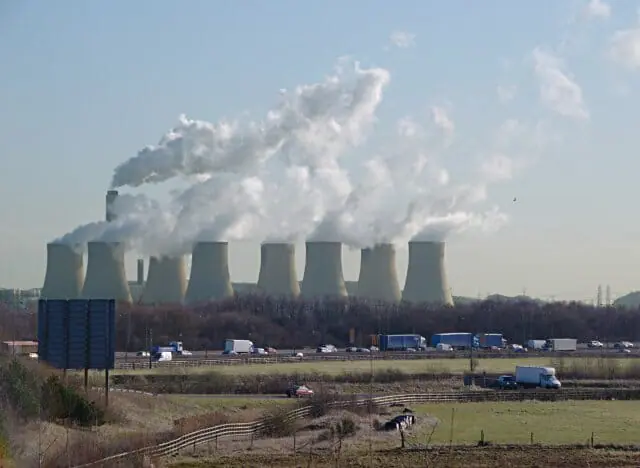
Canada needs to reach greenhouse emission reduction targets
When the Kyoto Protocol expires in 2012, if there is no international legally binding climate agreement to replace it, people projecting the end of the world in 2012 might actually be on to something.
From Nov. 28 to Dec. 10, negotiators, leaders, ministers, civil society members and industry representatives will converge in Durban, South Africa for Conference of the Parties 17 (COP 17), the meetings that will determine the future of collective international action on climate change.
International cooperation on addressing climate change began when countries around the world signed the UN Framework Convention on Climate Change (UNFCCC) in 1992, the overall purpose of which was to stabilize “greenhouse gas concentrations in the atmosphere at a level that would prevent dangerous human-induced interference with the climate system.”
The countries participating in the UNFCCC meet at annual COPs to work on implementing this objective. At Japan’s COP3 in 1997, the Kyoto Protocol was created. The Kyoto Protocol includes greenhouse gas emissions reductions targets for 37 industrialized countries—a total of five per cent below the 1990 levels between 2008-2012—and commitments from the most developed countries to finance climate action in developing countries. Most nations are well on their way to achieving their Kyoto targets. However, Canada has completely abandoned the treaty.
In 2006, the Government of Canada concocted a new set of targets, committing that we would reduce our greenhouse gas emissions by 17 per cent below 2005’s emission levels, which works out to eight per cent above our Kyoto target. We are a long ways from even meeting this watered down target.
A post-2012 agreement was to be finalized at COP 15 in 2009. But at COP 15, the previously consensus-based framework disintegrated entirely as certain nations produced a document that coerced developing countries to sign by threatening reductions of their development aid. The greenhouse gas reduction commitments that did come out of the meeting left a major gap between what science says is necessary to prevent run-away climate change and insignificant progress has occurred since then.
With the expiration of the first Kyoto commitment period, certain countries—including Canada, Japan and Russia—have stated that they will block a second commitment period because major polluters—including the United States, China, India and Brazil—are not included in the treaty.
The Kyoto Protocol is by no means perfect. For one, the U.S. (a major polluter) did not ratify the protocol and had no legal emission reduction commitments. Further, the flexible mechanisms that are used to reduce emissions—including the Clean Development Mechanism, where developed countries receive credit for building “green” projects in developing countries—have raised major questions over abuses of indigenous rights and whether the mechanisms actually contribute to emission reductions or just creates another marketplace for the rich to get richer.
Many countries and members of society are pushing for a second commitment period, because while Kyoto isn’t perfect, it is legally binding and is the best framework to work within if we want to prevent runaway climate change and the associated mass displacement of people, economic fall-out and environmental catastrophes associated with it.
Negotiations since 2009 have been in a stalemate; Essentially, Canada won’t act unless the U.S. does, the U.S. won’t sign a commitment to a post-2012 Kyoto agreement until other major emitters like China and India commit to reductions, and China and India are still developing as nations and refuse to sign Kyoto because they do not have the historical responsibility that Canada and the U.S. have.
Not only has Canada refused to sign onto a second Kyoto commitment period, but also our government has quite clearly been aiming their climate policy at expanding our fossil fuel industry rather than averting the impending climate crisis. Canada’s lack of cooperation has derailed international climate negotiations since the signing of the Kyoto Protocol, and failure to show greater initiative at the upcoming COP summit could sabotage future international action.
Canada needs to abandon its history as a saboteur of these crucial negotiations and show initiative both domestically and abroad. The government needs to negotiate for stronger targets among industrial countries that will peak emissions at fair and safe levels.
Canada’s actions are of great concern for those who care about our international reputation, justice and equality, state of democracy, and survival of humanity. Canada has a choice to make. I am desperately hoping that for the sake of Canadians today and future generations, we choose a path towards a green-energy future.


Recent Comments